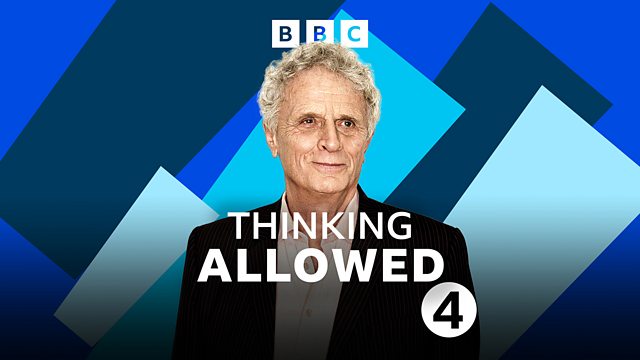Crime and Consumerism - Meaning of Marriage
Laurie Taylor is joined by Steve Hall and Paddy Rawlinson, to explore the darker side of consumer culture.
CRIME AND CONSUMERISM
According to Steve Hall, Senior Lecturer in Criminology at Northumbria University and co-author of a new book entitled Criminal Identity and Consumer Culture, many young people turn to crime as the most efficient means to get hold of the material possessions they desire. But they do not desire these consumer goods solely for their practical uses – they want to adorn their lives with the symbols of success, to set themselves apart from society. Laurie Taylor is joined by Steve Hall and Paddy Rawlinson, Lecturer in Sociology at the London School of Economics to explore the darker side of consumer culture. They debate how our immersion in consumer culture prevents individuals from reflecting critically upon themselves and their actions.
MEANING OF MARRIAGE
Fifties style traditional marriage is thought to be unequal and not very intimate; described in sociological terms as ‘companionate’. Nowadays, however, marriage is imagined as more intimate and more egalitarian. But does it really meet these expectations? Has marriage really changed? Andrew Bell from Edinburgh University discusses the notion of modern marriage and talks about his research which challenges Anthony Giddens’ model of the intimate marriage and suggests that the traditional notion of the ‘companionable marriage’ endures.
Last on
More episodes
Previous
Broadcasts
- Wed 24 Sep 2008 16:00����ý Radio 4
- Mon 29 Sep 2008 00:15����ý Radio 4
Explore further with The Open University
����ý Thinking Allowed is produced in partnership with The Open University
Download this programme
Subscribe to this programme or download individual episodes.
Podcast
-
![]()
Thinking Allowed
New research on how society works


